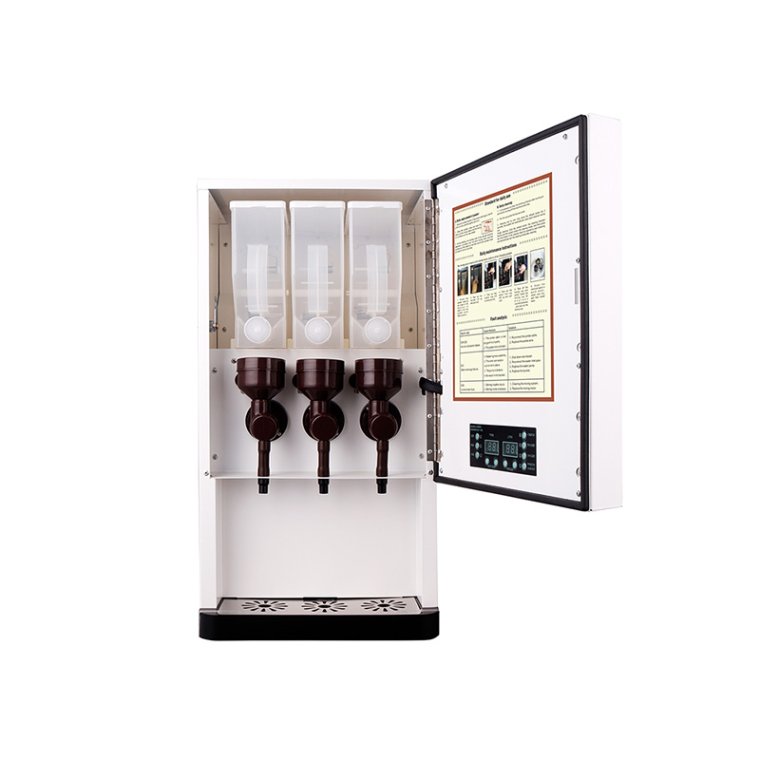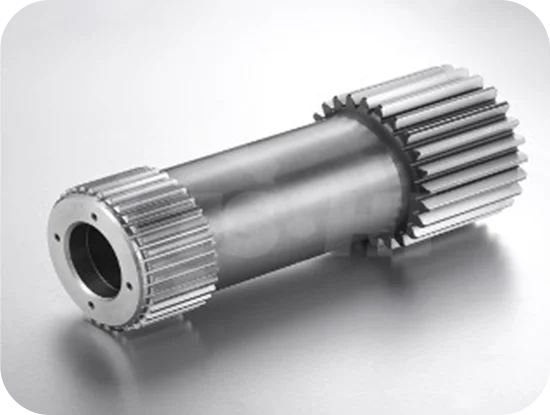
IOT. Smart home system application interface. 3d house plan x-ray. Hand touching on tablet screen. Control locks doors and windows over internet of things with tablet application. Security Home System
In today's rapidly evolving world, the concept of a smart home has gained significant traction. With the integration of advanced technologies and automation, smart homes have the potential to revolutionize energy efficiency. This article explores the various aspects of smart homes and their impact on energy consumption, highlighting the benefits and challenges associated with this innovative trend.
- The Foundation of Smart Homes:
Smart homes are built on the foundation of interconnected devices and systems that communicate and collaborate to enhance convenience, comfort, and efficiency. From thermostats and lighting to appliances and security systems, these devices can be controlled remotely and programmed to optimize energy usage. - Energy Management Systems:
At the core of smart homes, energy management systems play a vital role in monitoring and controlling energy consumption. These systems collect data from various sensors and devices, providing real-time insights into energy usage patterns. By analyzing this data, homeowners can make informed decisions to reduce energy waste and optimize efficiency. - Intelligent Lighting Solutions:
Smart lighting systems are one of the key components of energy-efficient smart homes. These systems utilize LED bulbs, motion sensors, and advanced controls to adjust lighting levels based on occupancy and natural light availability. By automatically turning off lights in unoccupied rooms and dimming them when natural light is sufficient, significant energy savings can be achieved. - Smart Thermostats and HVAC Systems:
Heating, ventilation, and air conditioning (HVAC) systems account for a significant portion of household energy consumption. Smart thermostats enable homeowners to regulate temperature settings remotely and create personalized schedules based on occupancy patterns. By optimizing HVAC usage, smart homes can reduce energy waste and enhance comfort. - Energy Monitoring and Analytics:
Smart homes provide homeowners with detailed energy consumption data, allowing them to identify energy-intensive devices and behaviors. This information empowers individuals to make informed decisions, such as replacing inefficient appliances or adjusting usage habits, leading to substantial energy savings over time. - Integration of Renewable Energy Sources:
Smart homes can seamlessly integrate renewable energy sources, such as solar panels and wind turbines, into their energy systems. By harnessing clean energy, homeowners can reduce their reliance on traditional power grids and lower their carbon footprint. Smart energy management systems can optimize the utilization of renewable energy, ensuring maximum efficiency and cost savings. - Challenges and Considerations:
While smart homes offer immense potential for energy efficiency, several challenges need to be addressed. These include the initial cost of implementing smart technologies, data privacy and security concerns, and the need for standardized protocols to enable seamless integration of devices from different manufacturers.
Conclusion:
Smart homes have the power to transform the way we consume energy, making our lives more convenient, comfortable, and sustainable. By leveraging advanced technologies and intelligent systems, homeowners can significantly reduce energy waste, lower utility bills, and contribute to a greener future. Embracing the concept of smart homes is not only a step towards energy efficiency but also a testament to our commitment to creating a more sustainable world.


